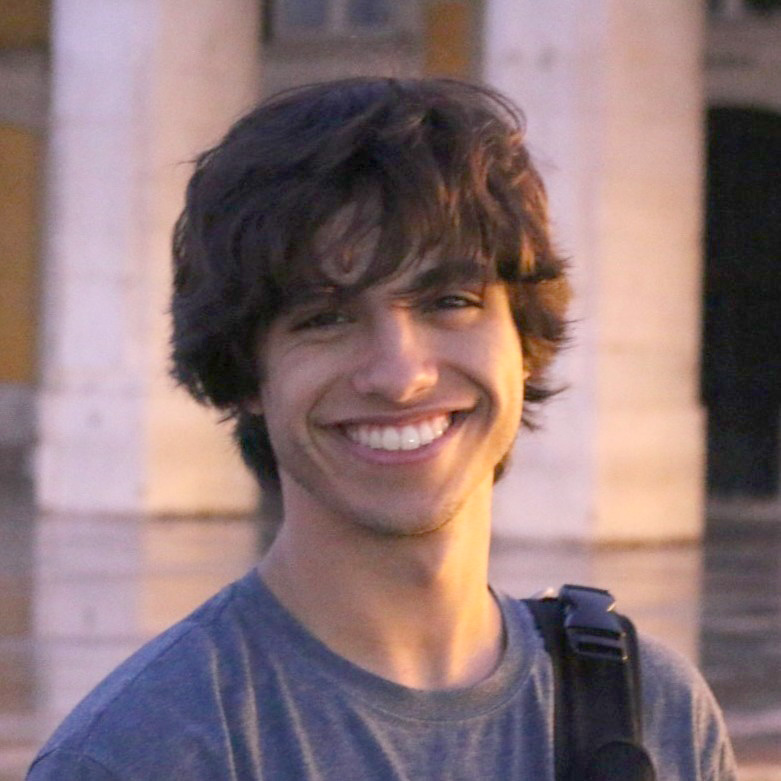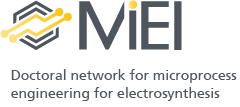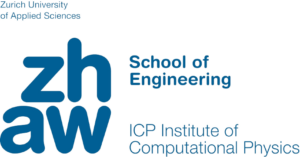
About my academic career
B.Sc. ; M.Sc. in Mechanical Engineering with specialization in Control Systems & Robotics
Master thesis: Fractional differential modelling of cancer dynamics with combined therapy
Research experience through a previous research scholarship on the application of machine learning for risk assessment of post-operative oncological treatments
PhD candidate @ Institute of Computational Physics (ICP), ZHAW, Switzerland
PhD thesis: Mathematical modelling of multistep reactions and flow cell simulation
An Overview of Mathematical Modelling in Cancer Research: Fractional Calculus as Modelling Tool
Lourenço Côrte Vieira; Rafael S. Costa; Duarte Valério
About my thesis - Mathematical modelling of multistep reactions and flow cell simulation
My thesis project aims to tackle the field of computational electroorganic synthesis by developing multiphysics flow cell models on the continuum scale, from micrometer to centimetre, taking into account the main coupled effects of mass, momentum, energy, and charge transport in the process. Such models shall consider multistep homogeneous electrochemical reactions along with microfluidic effects.
In order to foster collaborations with the fellow doctoral candidates, as well as enabling experimental validation and accurate parameterisation, the models in question shall approach electrosynthesis in one-phase and two-phase, aqueous and non-aqueous conditions. The proper and final design of a flow cell will then be assessed with respect to its impact on key figures such as conversion and charge efficiency, and selectivity towards desired products. Lastly, the Design of Experiments (DoE) for system control experiments shall be performed in close collaboration with the other network partners.
Given the rising relevance of multiphysics’ simulations in improving reproducibility, scalability of processes and reducing the burden of tedious experimental optimization in the electrochemistry field, the mathematical models to be developed are expected to generate relevant data reflecting material properties (diffusivity, conductivity, permeability, solubility, ionic strength, etc.), as well as cell and system parameters (electrode size, current/voltage control for different considered chemistries, etc.). These shall lead to a better comprehension of the current advantages and constraints of electroorganic synthesis in flow.

